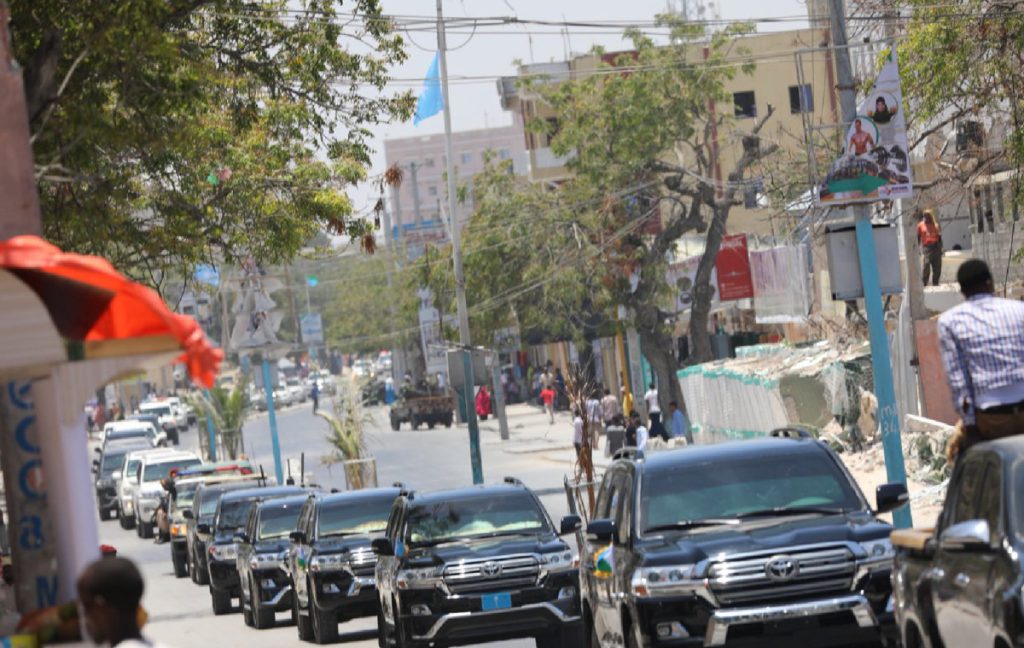
Introduction
Recent torture allegations involving Uganda’s Special Forces Command (SFC) have ignited a national conversation about security protocols, human rights, and the balance between state authority and individual freedoms. This commentary aims to provide a comprehensive analysis of the incident, exploring the complexities surrounding the case and its broader implications for Ugandan society.
The Incident: A Closer Look
In May 2025, Mark Agaba, popularly known as Uncle Mark, a media personality in Uganda, publicly accused members of the SFC of torturing his brother during a presidential convoy clearance in Kampala. According to Agaba, his brother, a boda boda rider, was en route to assist his pregnant wife when he was stopped by security personnel. Despite complying with orders to halt, he was allegedly beaten, detained for two days, and released with visible injuries, including missing toenails. Tragically, the incident reportedly led to the loss of his unborn child .
Government Response: Initiating an Internal Probe
In response to the allegations, the Ugandan State House announced an internal investigation into the conduct of the SFC officers involved. The government emphasized its commitment to upholding human rights and ensuring that any misconduct within its ranks is addressed appropriately. The SFC has reached out to Agaba for further information to aid in the investigation .
Historical Context: A Pattern of Allegations
This incident is not isolated. Uganda has faced previous allegations of human rights abuses by security forces. Notably, in 2018, opposition leader Robert Kyagulanyi, known as Bobi Wine, claimed he was tortured by elite presidential guards during his detention . Such recurring allegations have raised concerns about systemic issues within security agencies.
The Role of the Special Forces Command
The SFC is an elite unit responsible for the security of the President and other high-profile individuals. Their operations often involve rapid response and high-stakes decision-making. While their mandate is to ensure national security, incidents like the one involving Agaba’s brother highlight the need for stringent oversight and adherence to human rights standards.
Balancing Security and Human Rights
The Ugandan government’s swift initiation of an internal probe demonstrates a recognition of the importance of accountability. However, for meaningful change, there must be a systemic approach to training, oversight, and community engagement to prevent future incidents. Balancing national security interests with the protection of individual rights is a delicate but essential endeavor.
Public Reaction and Media Coverage
The allegations have sparked widespread public outcry and media coverage, both domestically and internationally. Social media platforms have been instrumental in amplifying voices calling for justice and reform. This public engagement underscores the growing demand for transparency and accountability in governance.
The Path Forward: Recommendations
- Independent Investigations: Establish independent bodies to investigate allegations of misconduct by security forces.
- Human Rights Training: Implement comprehensive human rights training programs for all security personnel.
- Community Engagement: Foster open dialogues between security agencies and communities to build trust and understanding.
- Legal Reforms: Review and amend laws to ensure they provide adequate protection against abuses of power.
- Transparency: Ensure that findings from investigations are made public and that appropriate actions are taken against those found culpable.
Conclusion
The allegations against the SFC serve as a critical reminder of the importance of upholding human rights, even in the pursuit of national security. While the government’s prompt response is commendable, sustained efforts are necessary to address systemic issues and restore public trust. By embracing transparency, accountability, and community engagement, Uganda can navigate the complexities of governance and human rights in a manner that honors the dignity of all its citizens.